Traveling doesn’t have to mean sacrificing your fitness progress. Whether you're on a business trip, vacation, or digital nomad adventure, maintaining peak sports performance is possible—even with a packed schedule and zero gym access. The key? Smart, efficient, and results-driven strategies that fit real life.
This guide delivers 8 practical, science-backed tips designed specifically for travelers. No bulky gear. No gym required. Just bodyweight, minimal space, and a commitment to consistency. Let’s dive in.
You don’t need an hour at the gym to stay sharp. Research shows that short, intense bursts of exercise—known as micro-workouts—can improve cardiovascular health, strength, and endurance just as effectively as longer sessions when done consistently.
Try three 10-minute sessions per day: one in the morning (bodyweight squats and push-ups), one midday (lunges and planks), and one before bed (core work and mobility). These add up to 30 minutes of daily movement—achievable even in the busiest travel itineraries.
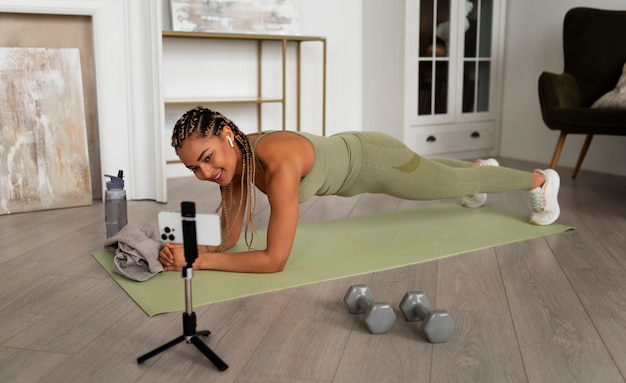
Skip the elevator. Stair climbing is one of the most underrated travel-friendly workouts. It builds leg strength, boosts VO2 max, and burns calories efficiently.
Challenge yourself: climb 5–10 floors twice daily. Add intensity by taking two steps at a time or carrying your daypack. Over a week, this builds real lower-body power—perfect for athletes in sports like soccer, basketball, or trail running.
Bodyweight circuits are your best friend on the road. They build strength, endurance, and neuromuscular coordination without any equipment.
Try this 15-minute circuit (repeat 3 rounds):
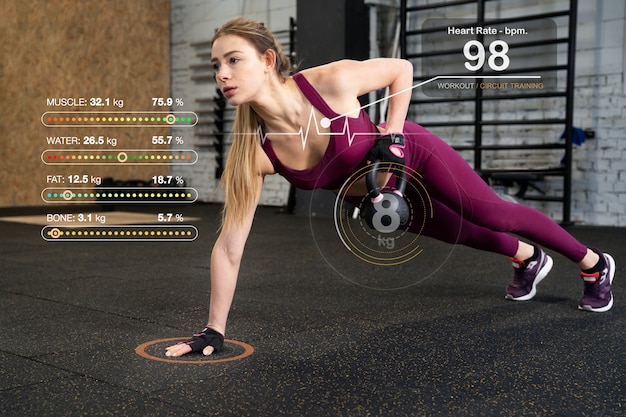
Long flights, cramped seats, and irregular sleep disrupt muscle balance and joint health. Dedicate 10–15 minutes daily to mobility work.
Focus on hips, shoulders, and spine. Incorporate dynamic stretches like leg swings, arm circles, and cat-cow. Follow with static holds: seated forward fold, butterfly stretch, and doorway chest stretch. This prevents stiffness and enhances athletic performance upon return.
Get creative with what’s around you. A sturdy chair becomes a dip station or step for elevated lunges. A bed frame can anchor resistance bands (if you brought one). A wall is perfect for wall sits and handstand progressions.
Example: Use a chair for Bulgarian split squats—place one foot behind you on the seat and perform controlled reps. This builds unilateral leg strength critical for injury prevention and performance.
Hydration impacts everything: focus, endurance, and recovery. Air travel dehydrates you quickly. Aim for at least 2–3 liters of water daily, more if active.
When eating out, prioritize protein and vegetables. Choose grilled over fried, and avoid excessive sugar and processed carbs. Pack healthy snacks like nuts, jerky, or fruit to avoid energy crashes during long travel days.

Consistency thrives on feedback. Track simple metrics: number of push-ups in 1 minute, time to climb 10 flights, or plank duration. Record these weekly in your phone notes.
Seeing progress—even small gains—keeps motivation high. It also ensures you’re maintaining (or improving) fitness while on the move.
Sleep is non-negotiable for athletic recovery. Disrupted circadian rhythms from travel impair reaction time, strength, and focus.
Maximize sleep quality: use an eye mask, earplugs, and set your phone to 'Do Not Disturb.' Try to align with local time as quickly as possible. Avoid screens 60 minutes before bed and consider melatonin (if appropriate) for long-haul flights.
You don’t need a high-end gym or perfect conditions to stay in peak sports shape. With intention and these eight tips, you can maintain—and even build—performance while traveling.
The goal isn’t perfection. It’s consistency, adaptability, and smart effort. Train efficiently, recover well, and return home stronger than when you left.

Fitness
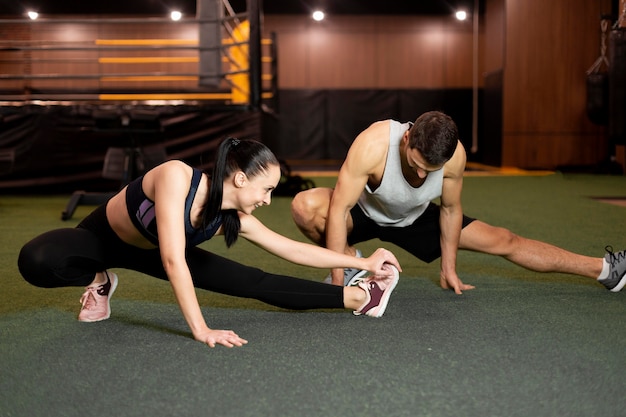
Fitness
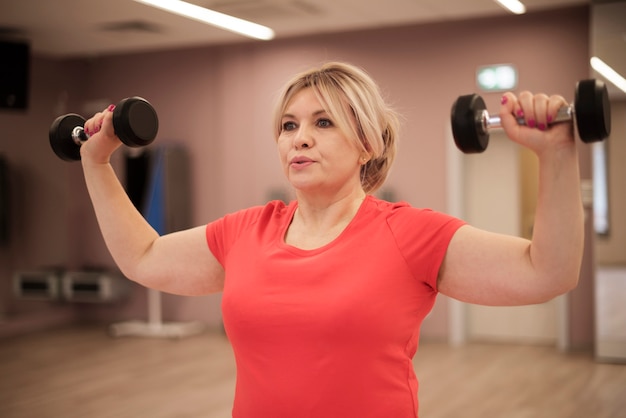
Fitness

Fitness
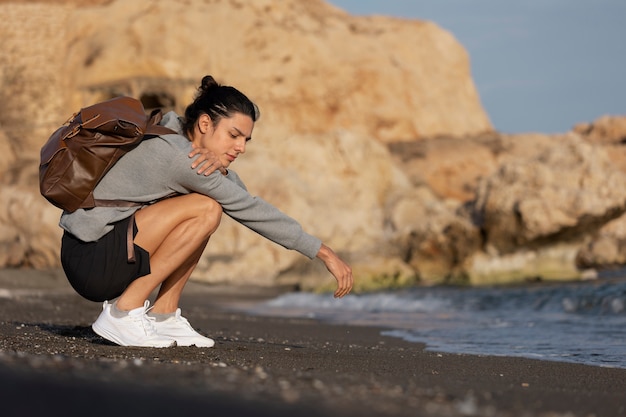
Fitness
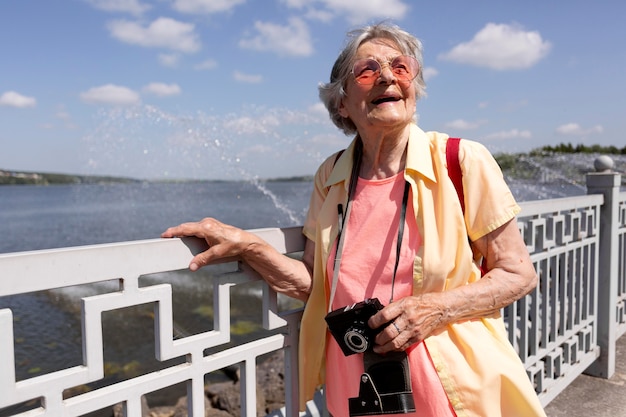
Wellness

Wellness
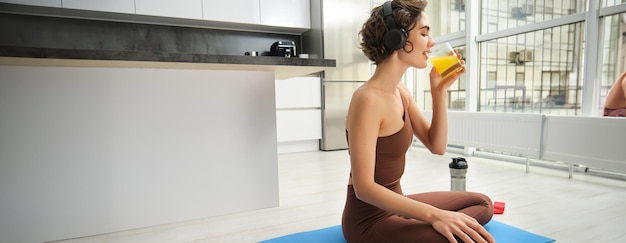
Fitness
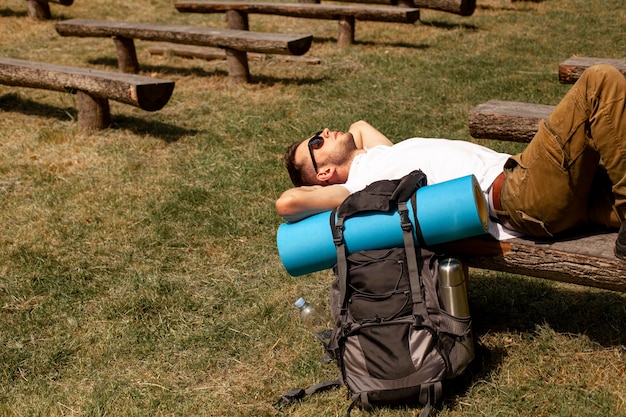
Wellness

Wellness

Wellness
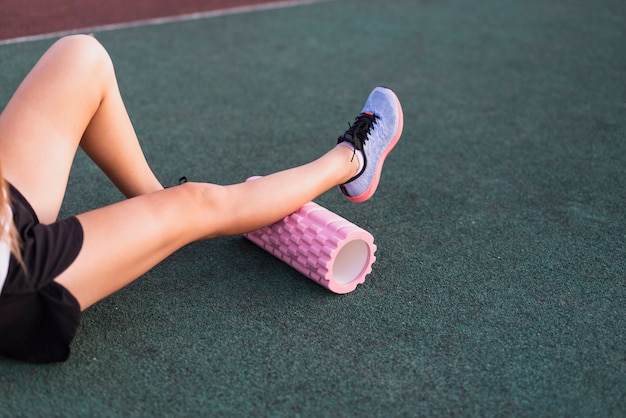
Fitness

Health

Fitness

Health

Health